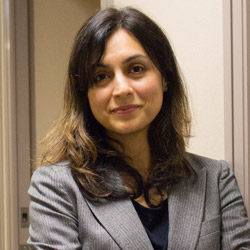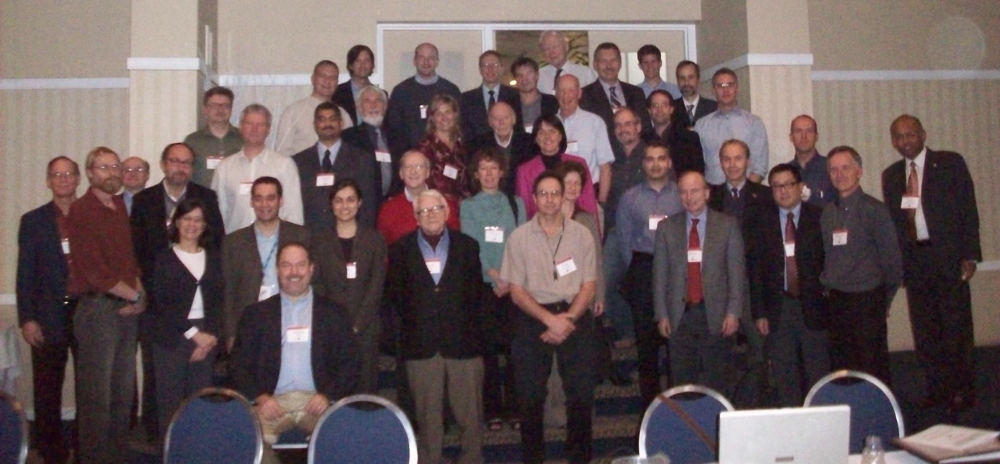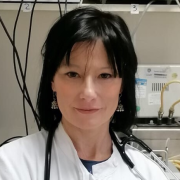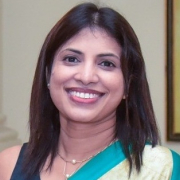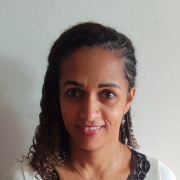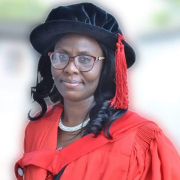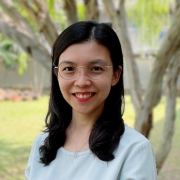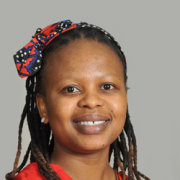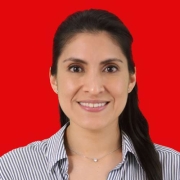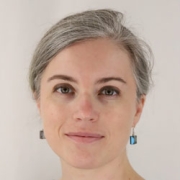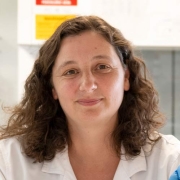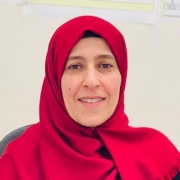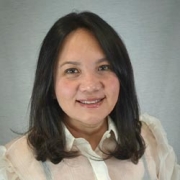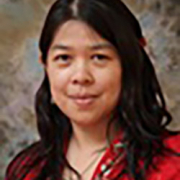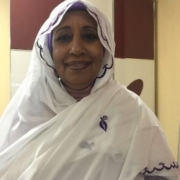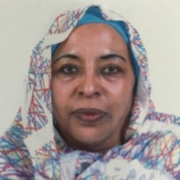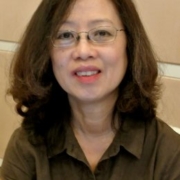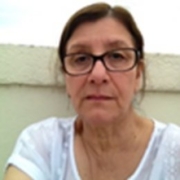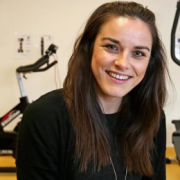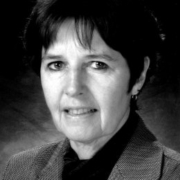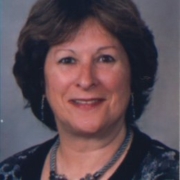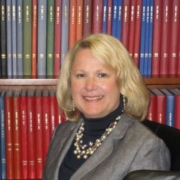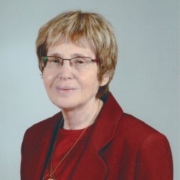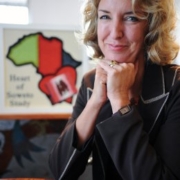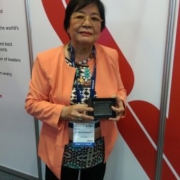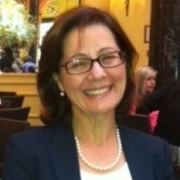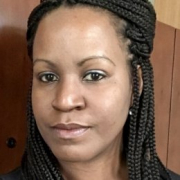1. What is your role at your work?
Clinician scientist: general internist and clinical hypertension specialist and a health services researcher and epidemiologist investigating ethnic and sex differences in disease incidence, chronic disease management and prognosis in hypertension, diabetes and cardiovascular disease.
2. How did you get interested in your career path?
During my residency training program, I was fortunate to have mentorship from two of Canada’s top researchers in health services and hypertension (Drs. Bill Ghali and Norman RC Campbell). From their mentorship, I was inspired to start a career in research. I was also always curious about the variations in disease outcomes that I observed in day to day clinical practice and potential interventions to optimize health care delivery.
3. What are you most proud of in your career or otherwise?
I am most proud of working together and building a team of fantastic researchers and colleagues investigating ethnic differences in cardiovascular disease and hypertension.
I am also very proud of my work at Hypertension Canada and the Canadian Hypertension Education Program (CHEP). Canada has, in part due to Hypertension Canada, considerably improved their hypertension awareness, and control rates of its population.
The other aspect that I am very proud of is mentoring young faculty in research and in medicine.
4. What important career challenges have you faced and how did you overcome them?
One significant career challenge was that the population databases which I used for my work were very difficult to obtain from the government in British Columbia. I continued my pursuit for this data even though it took many years. This obstacle also made our team look for new opportunities to collect data and was the driving force for other projects including an international study of acute coronary syndrome patients in Canada, India and China.
5. What advice would you give your younger self?
To challenge yourself with new opportunities even if they seem intimidating.
6. Highlight your most significant research contributions and publications (3-5) – if relevant to you.
Some of my significant contributions included a study investigating how ethnicity impacts hypertension – we identified that South Asian patients, but not Chinese living in Canada had higher incidence of hypertension but over all lower rate of fatal hypertension related complications. This paper was selected as BMJ Heart’s Editor’s choice.
Another study investigated symptoms among young women and men with acute coronary syndrome and high cardiovascular risk factor burden (hypertension was a highly prevalent risk factor) and identified that 1 in 5 young women had atypical symptom presentation. This study received significant media attention including Heart.org, Reuter’s Health, and Huffington Post.
The third study I wish to highlight identified again, significant differences in prognosis after acute myocardial infarction between ethnic groups with South Asian and Chinese showing differing patterns and lower mortality after AMI. These studies show the significant responder variations in prognosis.
- Quan H, Chen G, Walker RL, Wielgosz A, Dai S, Tu K, Campbell NR, Hemmelgarn BR, Hill MD, Johansen H, McAlister FA, Khan N; Hypertension Outcome and Surveillance Team. Incidence, cardiovascular complications and mortality of hypertension by sex and ethnicity. Heart. 2013 May;99(10):715-21. (Selected as Editor’s Choice)
- Khan NA, Daskalopoulou SS, Karp I, Eisenberg MJ, Pelletier R, Tsadok MA, Dasgupta K, Norris CM, Pilote L; GENESIS PRAXY Team. Sex differences in acute coronary syndrome symptom presentation in young patients. JAMA Intern Med. 2013 Nov 11;173(20):1863-71. (received considerable media attention from over 40 sources)
- Khan NA, Grubisic M, Hemmelgarn B, Humphries K, King KM, Quan H. Outcomes after acute myocardial infarction in South Asian, Chinese, and white patients. Circulation. 2010 Oct 19;122(16):1570-7. (Also had an accompanying editorial by Circulation).
7. Have you had any significant career mentors? If yes, please provide further details.
Yes, I have many career mentors but I will mention 3 of the most significant: Drs. Hude Quan, Bill Ghali and Norm Campbell. These international leaders in health services researchers helped me immensely from the start of my career and helped shape my interest and my work successes.
8. How can we support the next generation of women scientists?
I think to support the next generation of women scientists – in particular attracting more women to research, retaining faculty and career development/progress, we can strengthen our network of women researchers in hypertension – to help with networking and collaboration. Also to increase leadership opportunities and recognition for women by advocating for women to apply for research awards, and leadership positions.












